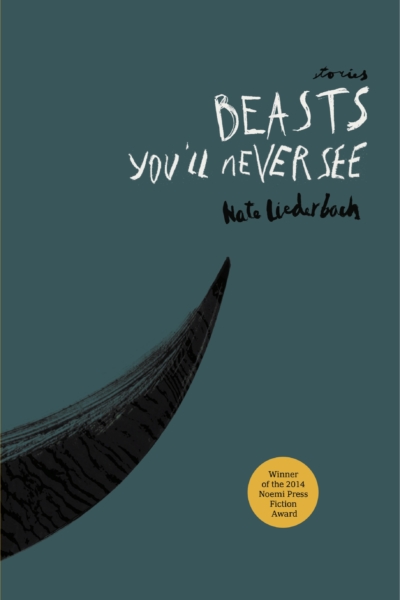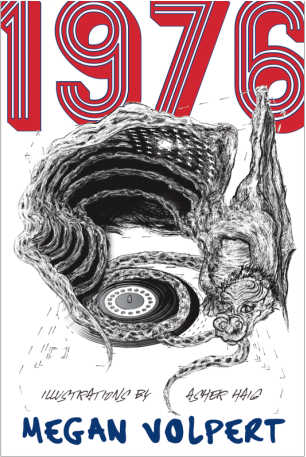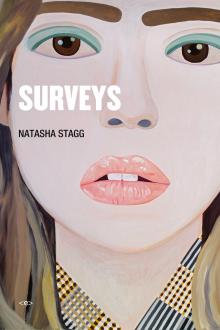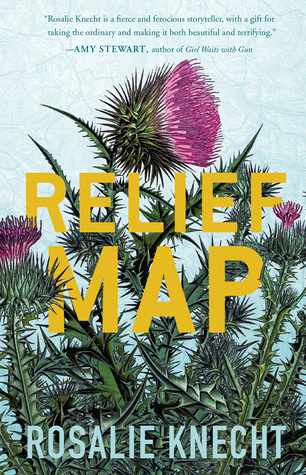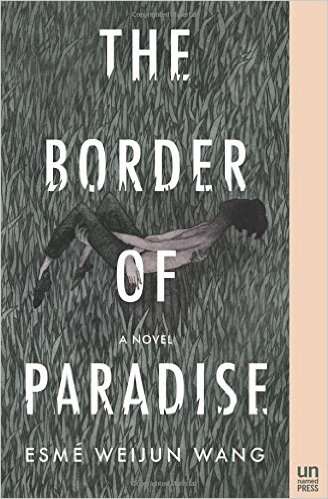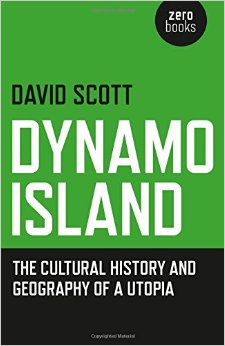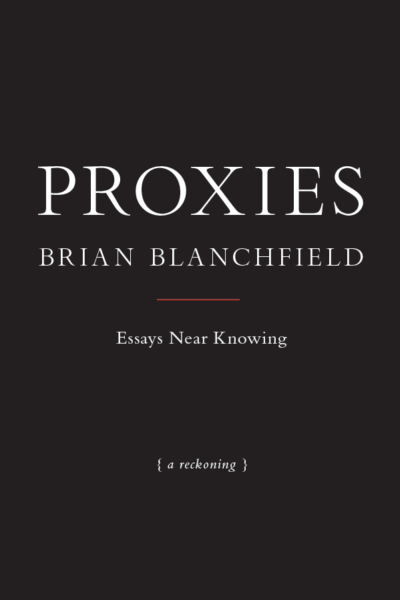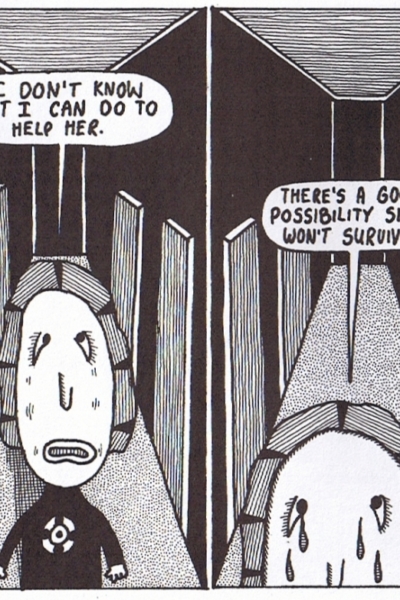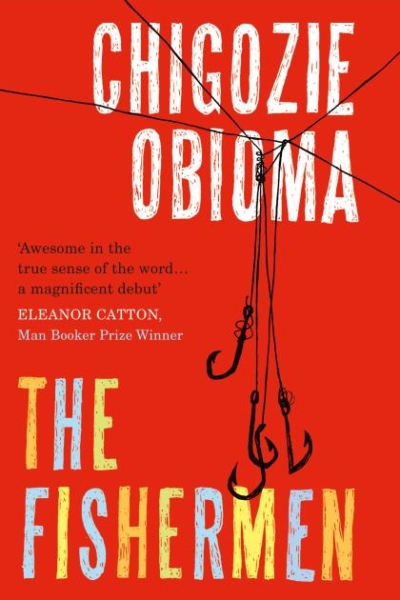A Lady and Her Husband – Amber Reeves
A LADY AND HER HUSBAND delves into generational differences, showing the ways that progressive movements depend on intergenerational communication.
Beasts You’ll Never See – Nate Liederbach
The stories in BEASTS YOU’LL NEVER SEE are prone to self-vexing. Each narrative dismantles its protagonist, draws and quarters him, splinters him into linguistic abjection.
Volpert is an Obama-supporting, married, gay educator, who, by her own definition, has had all of her eggs make it “safely into the misshapen hand basket of the American Dream.”
Stagg knows her strengths as a storyteller and continues to tell the story with lots of dialogue and minimal interiority instead of resorting to numbers, or to the pristine artifice of online forms such as screen-caps and chats.
Reviewers might describe RELIEF MAP as a coming-of-age novel but I’m disinclined to characterize it as such, because the term to me implies a more histrionic change in character or situation than in the novel.
The Border of Paradise – Esmé Weijun Wang
Consider THE BELL JAR and GIRL, INTERRUPTED. Esmé Weijun Wang’s debut novel THE BORDER OF PARADISE is a different kind of narrative about mental illness.
In a world with no chill, Dynamo Island is nearly all chill.
Proxies: Essays Near Knowing – Brian Blanchfield
[Blanchfield] thus recalibrates the Cartesian cogito as a statement of uncertainty that lies at the basis of our being: I mistake, therefore I am.
“I’m turning into a human skeleton!” was particularly resonant and touches on what I think to be Agony’s universal appeal.
The Fishermen – Chigozie Obioma
THE FISHERMEN is less an allegory than a story about our desire to fit the past into one.



